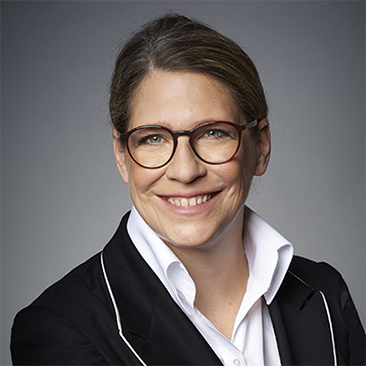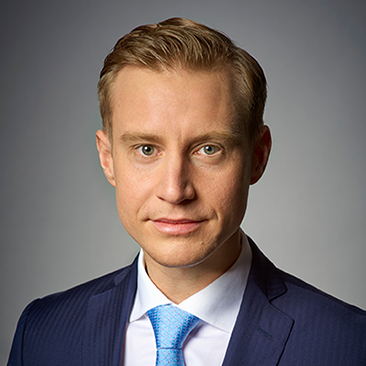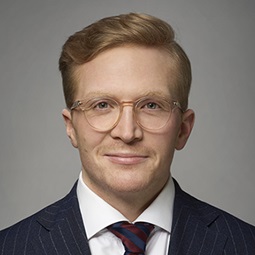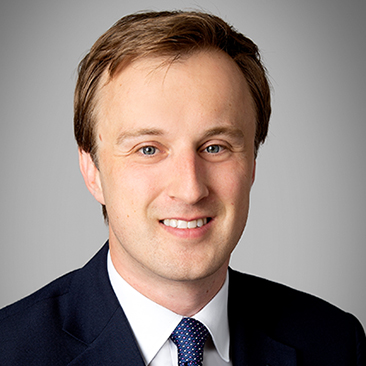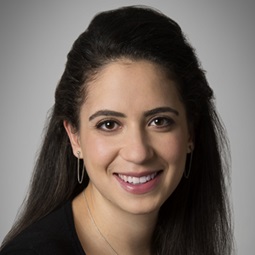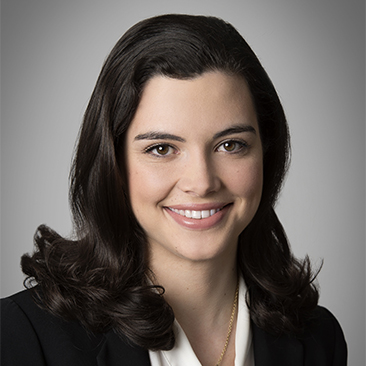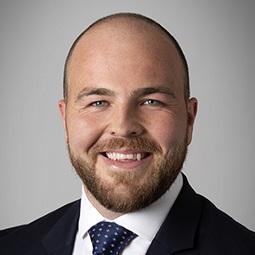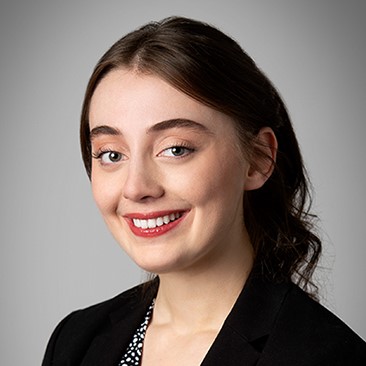The taking of evidence on German soil, especially by witness statements, to be used in foreign court proceedings has historically been quite burdensome. Most commonly, a foreign court would submit a request for legal aid to a German court. This German court would then itself conduct the taking of evidence, without the foreign court being allowed to ask questions.
A recent change in the administrative practice (not a change in law) in connection with the taking of evidence in cross-border circumstances, potentially triggered by the increased importance and convenience of remote hearings in the Covid-19 pandemic, could offer an efficient alternative to the indirect approach used until now. According to Article 17 of the Hague Evidence Convention, a neutral commissioner proposed by the foreign court and appointed by the German court is entitled to take evidence in Germany and interrogate witnesses in aid of proceedings commenced in the courts of another contracting state. The Commissioner is also entitled to swear in witnesses. Moreover, the witness questioning and taking of evidence may be conducted via video conferencing software.
A request of this nature pursuant to Art. 17 was recently, and apparently for the first time ever, granted by the competent German authorities.
This form of direct taking of evidence mirrors parts of a US-style deposition, although a fully-fledged US-style deposition, including cross-examination and video recording of witness testimony, within this framework remains prohibited because of German public policy.
The recent decision of the German authorities
In a recent decision, the Higher Regional Court of Düsseldorf and the Rhineland-Palatinate Ministry of Justice largely granted an US District Court`s request for legal assistance regarding the taking of evidence through a Commissioner pursuant to Art. 17 of the Hague Evidence Convention. Both institutions serve as Central Authority for their respective states pursuant to Art. 2 of the Hague Evidence Convention and exercised their discretion to permit the requested legal assistance under certain caveats and limitations according to Art. 19 of the Hague Evidence Convention.
In this case, the US court had applied for approval to take the evidence of hearing witnesses residing in Germany through an appointed Commissioner or a substitute. The individuals designated to serve as Commissioner were lawyers admitted to the German bar. The hearing was requested to be conducted in English instead of German with a sworn-in translator present if needed. The US court further requested that the witness questioning be recorded by a stenographer, that the witnesses be sworn-in by the Commissioner, and that a live stream and recording of the hearing (in sound and vision) be arranged.
The following table illustrates that the German Central Authority complied with the majority of the request:
| Requested legal aid | Decision of Central Authority |
| Appointment of German qualified lawyer as Commissioner as well as substitute-commissioner | Granted |
| Entitlement of the Commissioner to ask questions | Granted |
| Appointment of representatives of the parties involved | Denied, however parties are entitled to ask questions |
| Taking of evidence in English | Granted |
| Taking of evidence via videoconferencing | Granted (limited to streaming; no recording of the video conference) |
| Permission of the commissioner to swear witnesses in | Granted |
| Recording by stenograph | Granted |
With the exception of the recording of the hearing and the appointment of further substitute-Commissioners, the request for legal aid was granted. In their respective decisions, the Central Authorities remarked on the requirements for a successful request pursuant to Art. 17 Hague Evidence Convention and their expectations as to conduct of the hearing, supervised by the Commissioner:
- First, any Commissioner must ensure impartiality towards the parties. Hence, the request to appoint party representatives as substitute Commissioners was denied. Interestingly, it was not an explicit requirement that the Commissioner be qualified in Germany, however this was a helpful factor in this particular case.
- Second, the Commissioner must comply with the principles of witness questioning stipulated by German public policy throughout the hearing. Cross examinations are alien to German civil procedure, and this is a principle that must be upheld if a Commissioner takes evidence pursuant to Art. 17. However, party representatives are allowed to ask questions during the witness interrogation administered by the Commissioner.
- Third, a German judge appointed by the Central Authority must be able to join the video conference at any time during the hearing. This requirement is also the reason for the mandatory presence of a translator, even if the witness declares it has no need for such service.
The far-reaching and ostensibly coordinated permission of both the Department of Justice as well as the Higher Regional Court of Düsseldorf demonstrate the German Central Authorities’ apparent desire to promote the utilisation of Art. 17 and direct witness interrogation by a Commissioner as an alternative to the indirect approach more commonly favoured until now.
Statement and outlook
It remains to be seen whether this latest decision will form an isolated case or set a precedent. The direct quality of the examination of witnesses by a Commissioner – who is selected by the foreign court and is therefore potentially closer to the facts and specifics pertinent to the individual case – could in many cases be preferable to the previous, indirect approach where German judges, in whose jurisdiction the witnesses happen to live, are responsible for asking questions.
Combined with the possibility of video participation by a German judge (to ensure compliance with German civil procedure and public policy), the direct approach offered by Art. 17 of the Hague Evidence Convention could lead to increased efficiency in the cross-border taking of evidence, which is to be welcomed.
Contributor(s)
